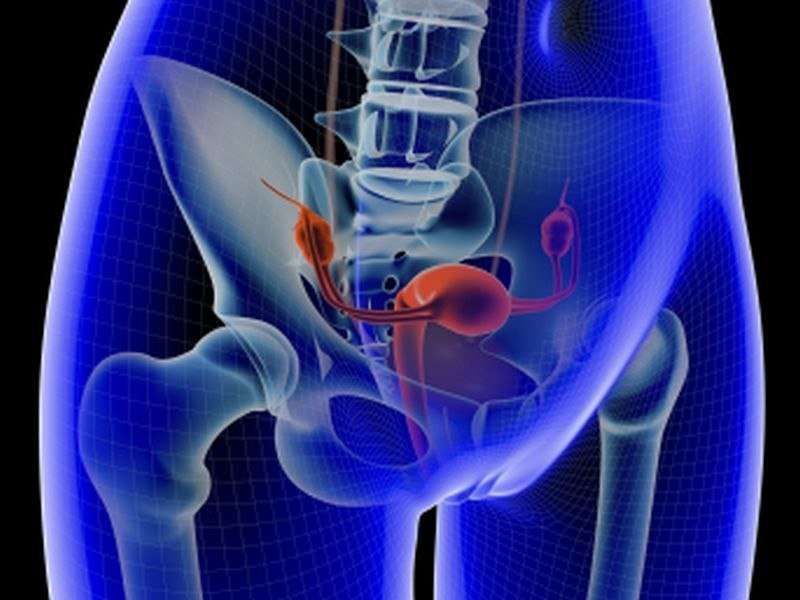(HealthDay)—Vigil immunotherapy shows good tolerability for recurrent ovarian cancer patients, and PARP 7, a poly(ADP-ribose) polymerase protein, may play a significant role in survival for ovarian cancer, according to two studies presented at the Society of Gynecologic Oncology's Annual Meeting on Women's Cancer, held from March 24 to 27 in New Orleans.
Rodney Rocconi, M.D., from the University of South Alabama-Mitchell Cancer Institute in Mobile, and colleagues conducted a phase I study of Vigil monotherapy in 29 recurrent OC patients using autologous tumor cells. A personalized engineered autologous tumor cell vaccine was created incorporating rhGM-CSF DNA for enhanced antigen presentation and bifunctional shRNAfurin, which inhibits endogenous immunosuppression. Patients received monthly intradermal injections up to 12 months. The researchers found that there were no significant treatment-related adverse events (AEs), with only a single grade 3 AE of fatigue. The most common AE was injection site induration, grade I. Twenty of the patients achieved three-year overall survival (69 percent).
Lavanya H. Palavalli Parsons, M.D., and Jayanthi S. Lea, M.D., from the University of Texas Southwestern Medical Center in Dallas, and colleagues characterized PARP 7 in ovarian cancer using The Cancer Genome Atlas database. The researchers found that the median overall survival was 44.8 and 15.7 months for patients with PARP 7 genetic alterations versus those with no genetic alterations. If ovarian cancer patients had genetic alterations in PARP 7, the expression level of PARP 7 was significantly increased.
"The PARP family is still a mystery and that is why we need to continue to research PARPs," Palavalli Parsons said in a statement. "I feel like we are only seeing the tip of a huge iceberg which is on the verge of being uncovered with the influx of new knowledge about the PARP family."
More information:
Abstracts
More Information
Copyright © 2018 HealthDay. All rights reserved.





















